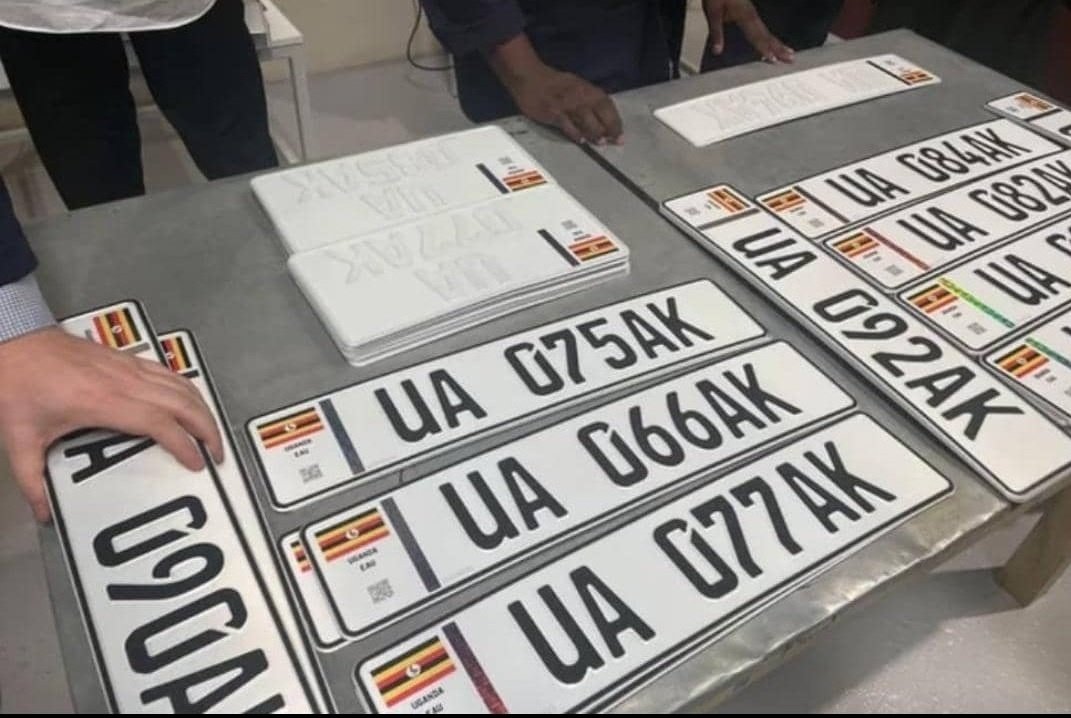According to documents obtained from the Uganda Registration Services Bureau (URSB) (and first reported by Daily Monitor), Joint Stock Company Global Security Ltd, the Russian company that signed a 10year contract with Gov’t of Uganda has four Ugandan directors. Yes — the company handling those expensive, surveillance-powered number plates.
Locally, it’s trading as Virtus Global Security Company Ltd, a company incorporated in December 2021.
On paper, the Ugandan shareholders are:
-
Amon Hope Kenyonyi (30 shares)
-
Gordon Bagambe Hangamaisho (30 shares)
-
Brendan Tusiime (20 shares)
-
Rachel Natuha (20 shares)
Now, this wouldn’t be such a big deal… if the whole deal hadn’t smelled suspicious from the start.
What’s this company doing again?
In 2021, Museveni greenlit a high-tech crime-fighting tool — a system to monitor vehicles with digitally trackable number plates. Sounds smart, right? But this Intelligent Transport Management System (ITMS) quickly turned into a circus:
-
Outrageous speeding fines?
-
Poor signage and sneaky cameras?
-
Sudden 30km/hr zones in the city?
The public backlash to their Auto Express Penalty Scheme (AutoEPS) was so intense that it got temporarily suspended until July 12. That deadline just passed.

Wait, wasn’t this a Russian firm?
Yes, but with layers. The parent company is indeed Russian — Joint Stock Company Global Security Ltd — but here’s the twist: in Uganda, the local arm (Virtus Global) is directed by both Russians and Ugandans, including:
-
Ivan Shkarban (Russian)
-
Damir Makhmutov (Managing Director as of 2022)
-
…plus the four Ugandans listed above.
And this is the same company that reportedly needed AutoEPS cash to bankroll the delayed number plate rollout. Car dealers have been fuming about shortages and system hiccups.
Justice Boniface Wamala recently ordered the government to cough up all key documents related to the deal — including the MoU between the government and Virtus Global Security, due diligence reports, and anything else tied to this juicy contract.
The Attorney General had tried to play the “foreign investor privacy” card, but Justice Wamala wasn’t buying it. He ruled that public interest trumps confidentiality when taxpayer money is involved — and said the government had 60 days to bring the receipts.
Ugandans are left wondering: Who’s really benefiting from this deal — and who’s being taken for a ride?














